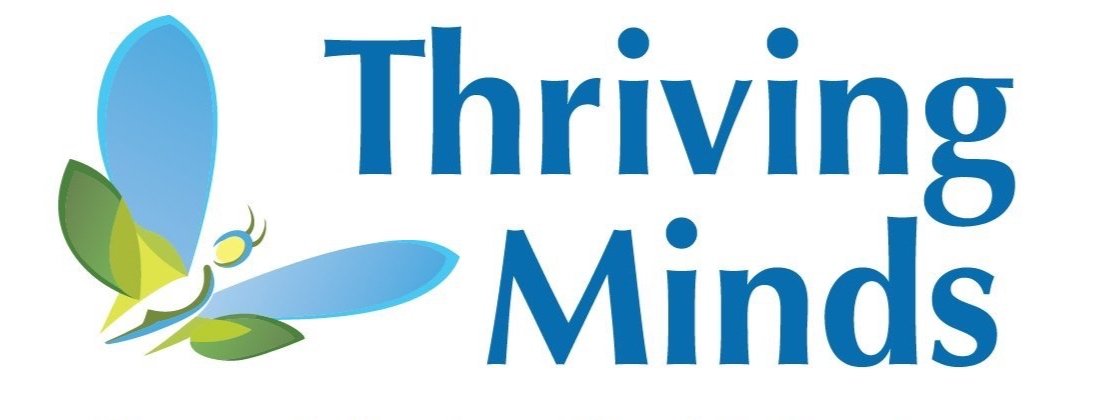Promoting Ethical Supervision in Your Professional Practice
Effective and compliant supervision is a crucial part of any professional field, but do you have the necessary resources to ensure it passes that proverbial "sniff test?" In an effort to ensure your professional practice meets best practices, we're sharing 3 tips to make sure your supervision is up to par.
Tip 1: Establish a Supervisory Agreement or Contract
A supervisory agreement or contract is an essential document that defines the purpose and scope of the supervisory relationship. It outlines the roles, responsibilities, and expectations of the supervisor and supervisee. Developing this agreement ensures that both parties understand the ethical and legal guidelines that their supervision practices must align with.
Tip 2: Provide Regular Feedback Based on Direct Observation
Providing regular feedback based on direct observations is crucial for ensuring that supervisees are meeting the ethical and professional standards of their field. As a supervisor, it is your responsibility to make sure that supervisee knows what they will be “rated” on and provides feedback based on those ratings. Observations help provide a clear, objective, and unbiased picture of the supervisee's performance. Observations and feedback should be detailed, specific, and provided on an ongoing and documented basis.
Tip 3: Stay Current with Training in Supervision At Least Every Five Years
Supervision practices and ethical guidelines change over time. As such, it is essential for supervisors to keep up with emerging principles, techniques, and protocols. The “half-life” for knowledge in supervision and therapeutic techniques has been stated as being between 5-7 years. Meaning that if you have not had training in supervision within the last 5-7 years, your knowledge base is out-of date. One helpful way to help you stay current is to take one supervision course during each professional renewal cycle. This ensures that you keep up-to-date with the latest ethical and legal requirements in your profession and keep your skills sharp.
Ensuring legal and ethical supervision practices is critical to success in any profession. Using a supervisory agreement to define responsibilities and expectations, providing regular feedback based on direct observations, and keeping up-to-date with ongoing training are three critical strategies for promoting ethical supervision. By following these three tips you can help to make sure your supervision practices are up-to-date, improving care for supervisees and clients alike. To find out more about best practices in supervision, also check out these Thriving Minds’ resources:

